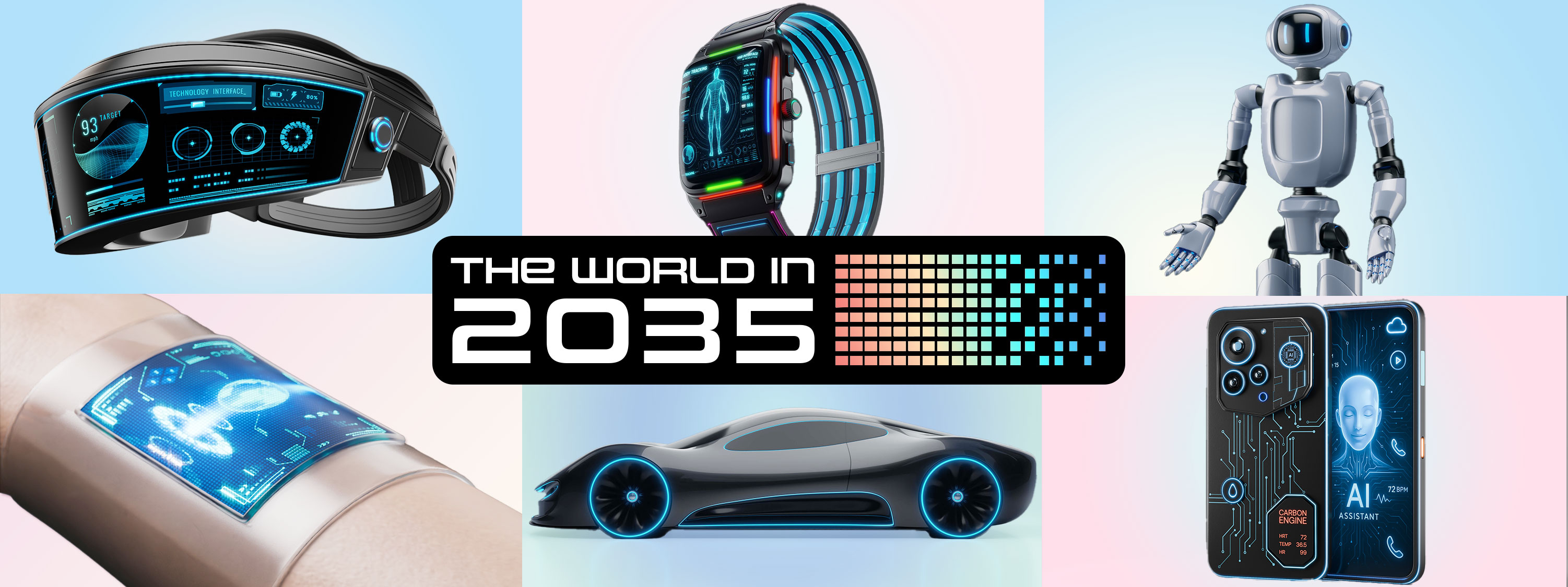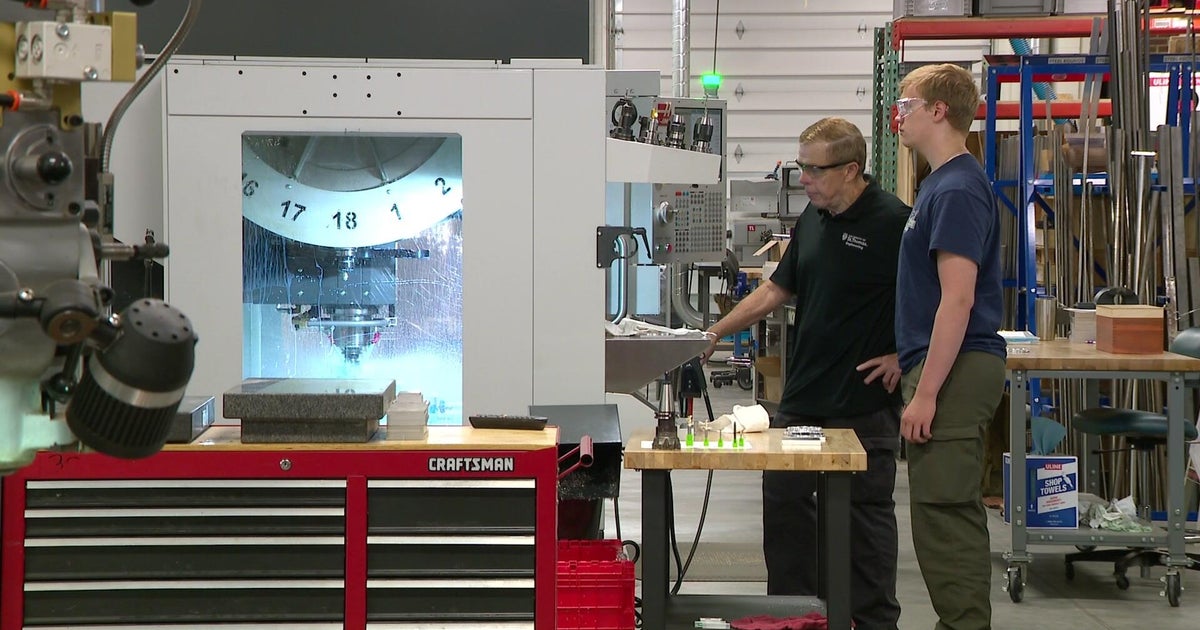Milwaukee Police Consider Facial Recognition Expansion: Balancing Security with Privacy Concerns

The Milwaukee Police Department (MPD) is currently engaged in a complex evaluation of whether to broaden its deployment of facial recognition technology. This follows increasing pressure from various stakeholders – including community groups, civil liberties advocates, and city officials – all with differing perspectives on the technology's potential benefits and risks. The department hasn't yet reached a final decision, opting instead for a period of careful consideration and public engagement.
Current Usage and Existing Concerns
Currently, the MPD's use of facial recognition is limited. It primarily involves comparing images from crime scenes or investigations against a database of mugshots and driver's license photos. However, the possibility of expanding this to include wider datasets – potentially encompassing public surveillance footage or social media images – has sparked significant debate.
Concerns surrounding the technology center on potential biases, inaccuracies, and the erosion of privacy. Studies have shown that facial recognition algorithms can disproportionately misidentify individuals from marginalized communities, particularly people of color. This raises fears of wrongful accusations, increased police scrutiny, and a chilling effect on freedom of expression. Furthermore, the prospect of constant, automated surveillance raises serious questions about civil liberties and the potential for misuse.
Arguments in Favor of Expansion
Supporters of expanded facial recognition argue that it can be a valuable tool for law enforcement, aiding in the identification of suspects, locating missing persons, and preventing crime. They contend that the technology can enhance public safety and improve the efficiency of investigations, particularly in cases involving serious violent crimes. Proponents also emphasize that strict protocols and oversight mechanisms can mitigate potential biases and prevent abuse.
The Evaluation Process
The MPD's evaluation process is expected to be thorough and transparent. It includes:
- Technical Assessment: Examining the accuracy and reliability of different facial recognition systems, with a particular focus on identifying and addressing potential biases.
- Legal Review: Ensuring that any expanded use of the technology complies with existing laws and regulations, and that appropriate safeguards are in place to protect civil liberties.
- Community Engagement: Holding public forums and meetings to gather feedback from residents, community organizations, and legal experts.
- Policy Development: Establishing clear guidelines and protocols for the use of facial recognition, including limitations on data collection, storage, and sharing.
The Role of Recent Legislation
Recent state legislation in Wisconsin has added another layer of complexity to the discussion. While the state hasn't enacted a comprehensive ban on facial recognition, it has introduced regulations aimed at limiting its use and ensuring greater transparency. The MPD's evaluation will need to take these legal developments into account.
Looking Ahead
The Milwaukee Police Department's decision on whether to expand its use of facial recognition technology will have significant implications for the city's public safety and civil liberties. The department faces the challenging task of balancing the potential benefits of the technology with the need to protect individual rights and ensure fairness. The outcome of this evaluation will likely serve as a model for other cities grappling with similar decisions in an era of rapidly advancing technology.





